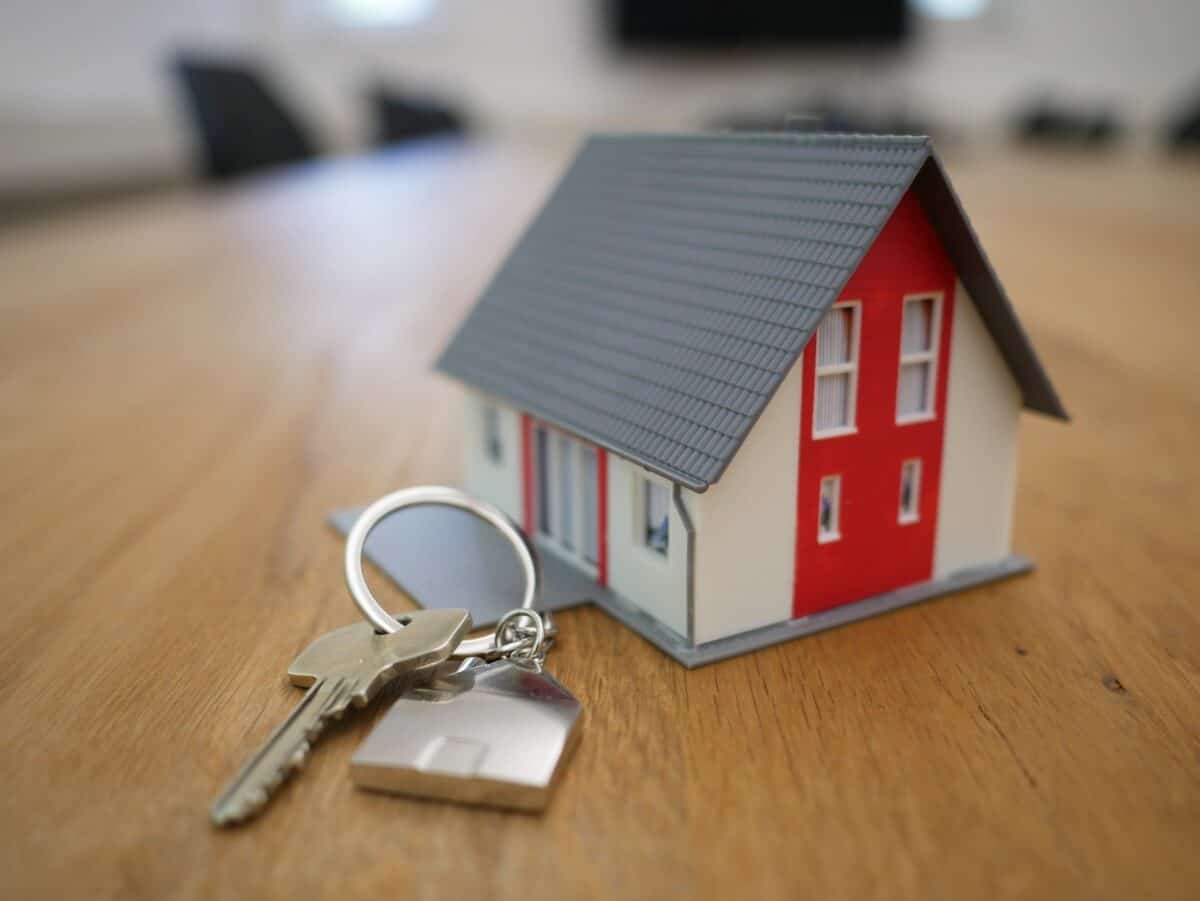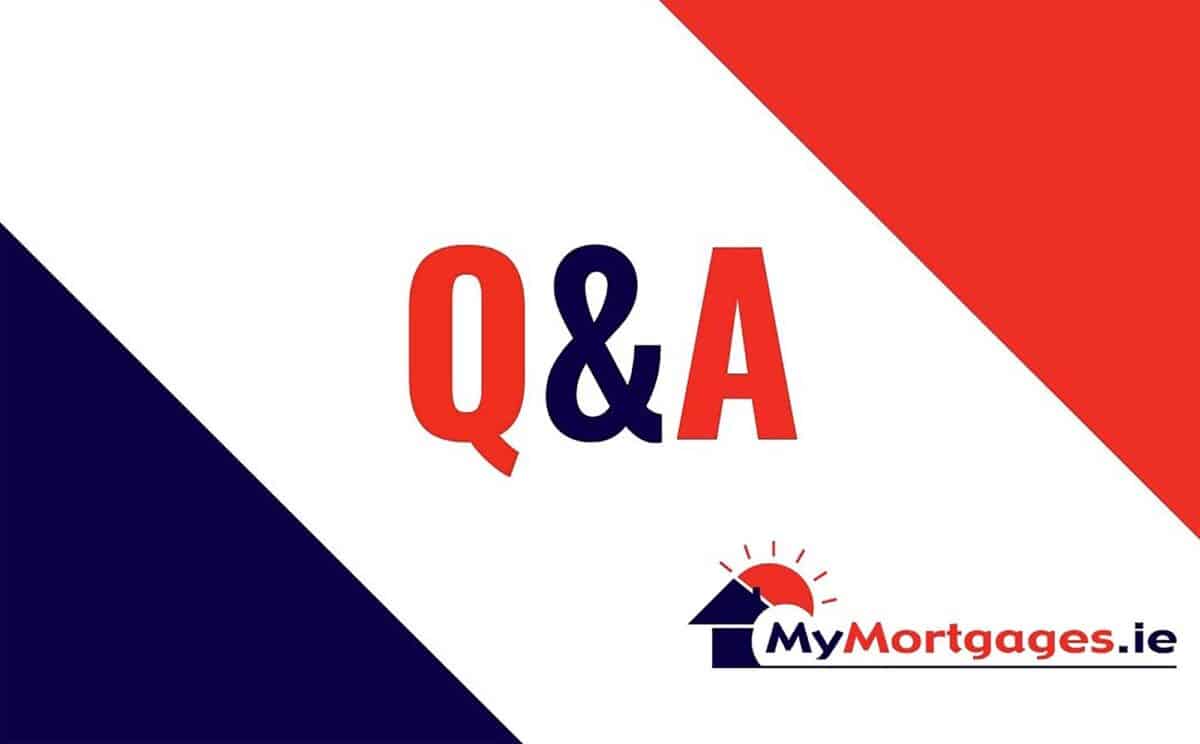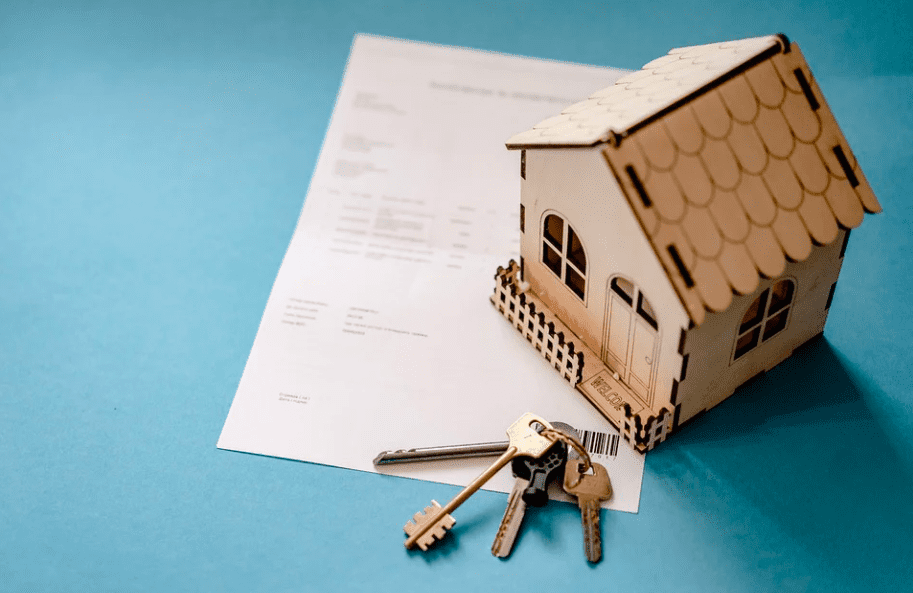Q My family has welcomed a Ukrainian refugee and her two children into our home. I remember reading something in our home-insurance policy terms about having to declare if there is a change in the number of people resident at the property. Will this apply in this case? Even though it will hopefully, for their sake, only be for a short period.
A Generally speaking, a household should inform their insurer about any significant changes to their home, such as taking in new long-term residents, in order to understand any changes in their cover requirements. Their premium could change as a result of this, and some policy conditions may apply if the new residents are not immediate family or named policyholders, according to Elaine Kearney of Aviva Insurance Ireland. However, in the case of housing Ukrainian refugees many providers, such as Aviva, have waived this condition due to the unprecedented circumstances, and in line with Government efforts to find housing solutions for those arriving here to escape the war.
Insurers are treating refugees as guests meaning, in your case, that you don’t have to inform your provider that they are staying with you, Ms Kearney said. They will be covered by your policy in the same way as guests living in the home, she said. Over the longer term, if your policy is due for renewal within the first 12 months of the refugees living with you, you will need to inform your provider. If, after 12 months, any individuals or family are still living with you, then you should tell your insurer when your policy is next due for renewal, she said.
Q I have money to invest but want zero risk. I am considering gold but have no idea who to contact. Can you give any advice please?
A Interest rates are at historic lows. Some banks are imposing negative interest on some accounts – charging you to hold your money. So it is understandable that many people are seeking alternative investments in the hope of getting some level of a return or at least keeping up with inflation. There is a rule of thumb that must be considered when thinking about investing, Liam Ferguson, who is principal financial brokers FergA.com.
The lower the risk of any investment, the lower the potential return and vice versa. Any investment with zero risk will deliver a zero return or worse right now, he said. If someone tries to sell you an investment with low or no risk, but the potential for great returns, be deeply suspicious of both the person and the product.
In the current climate, low or no risk and good returns are an either/or choice, Mr Ferguson said.
Gold tends to swing into favour as an investment in times of uncertainty and indeed war, as it is perceived as a “safe haven”. This popularity tends to cause the price of gold to rise during uncertain times as investors seek safety. But gold is not zero risk or even low risk and can be very volatile at times.
For example, between October 2012 and December 2015 the price of gold dropped by over 40pc.
It recovered but it took until summer of 2020 before it reached the same price it had been in October 2012.
Mr Ferguson said gold is not a low-risk investment. Instead of looking for returns on zero risk investments, in 2022 the question needs, he said, to be how much risk are you willing to accept in return for potentially greater returns?
Q My husband and I both work in civil service. We are currently earning a combined €80,000 per annum. We have managed to save €17,000. We have never had any loans or debt. Could we get a mortgage? We work in Dublin but hope to buy at home in Cork.
A You are very suitable mortgage candidates, according to Joey Sheahan, head of credit at online broker MyMortgages.ie.
You should be able to borrow three-and-a-half times your income which is €280,000. He said you may also qualify for an exemption, meaning you could potentially borrow up to maybe €320,000-€360,000. Based on your current monthly savings amount, in one year your savings will increase by €15,000, which means you will have €32,000. This would allow you to purchase a home for €320,000. The average house in Cork City is €313,000. As long your employer confirms in writing that its ok for you to work from Cork, there is no issue buying a house to live in Cork, Mr Sheahan said.
Source: https://www.independent.ie/business/personal-finance/do-i-have-to-tell-my-insurer-we-have-ukrainians-living-in-our-home-41557829.html


